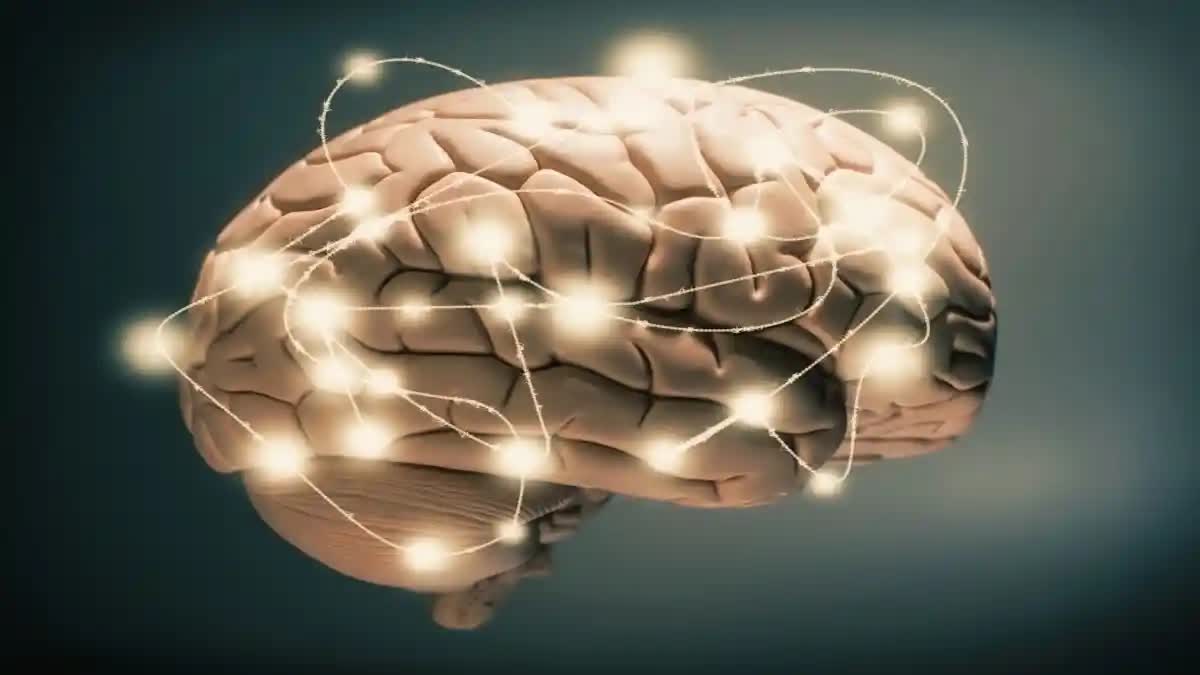New Delhi:Two brain systems have been found to function improperly in people experiencing psychosis, where they have trouble distinguishing between what is real and what is not, according to a new research led by Stanford University, US.
These systems were found to be - one, a 'filter' directing attention towards what is important externally and internally, and two, a 'predictor' involved in anticipating rewards.
The filtering system, or the salience network, helps us dismiss irrational thoughts so that we can focus on what's real and meaningful to us, such as paying attention to traffic while driving, researchers explained.
The reward predicting system, driven by dopamine, is critical to anticipating what will be rewarding or important, they said. Together, they malfunction in a way such that thoughts not linked to reality capture the brain's cognition networks, said Vinod Menon, a professor of psychiatry and behavioural sciences, Stanford University, US.
"This process derails the normal functioning of cognitive control, allowing intrusive thoughts to dominate, culminating in symptoms we recognise as psychosis," said Menon, senior author of the study published in the journal 'Molecular Psychiatry'.
In psychosis, patients experience hallucinations, such as hearing voices, and hold delusional beliefs, such as thinking that people who are not real exist, the researchers said. The state is known to occur either on its own, or as a symptom of mental illnesses such as bipolar disorder and schizophrenia.
